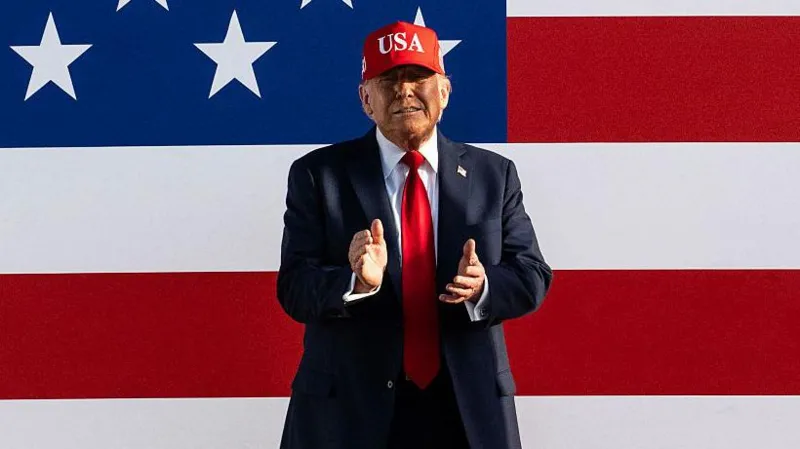U.S. President Donald Trump has announced a landmark Gaza peace deal that includes the release of all remaining hostages a breakthrough that had evaded Joe Biden for nearly two years. The agreement marks the most significant step yet toward ending the devastating Gaza conflict, though details on Hamas disarmament, governance, and full Israeli withdrawal remain unresolved.
Trump’s success stems from his unique mix of bold diplomacy, deep ties with both Israel and key Gulf states, and his willingness to pressure Israeli Prime Minister Benjamin Netanyahu directly something Biden was unable to do. During Biden’s tenure, U.S.-Israeli relations were strained, constrained by divisions within his Democratic coalition and Israel’s resistance to compromise.
Trump’s close relationship with Netanyahu, built on strong public support for Israel, allowed him to apply tough private pressure. Reports suggest Trump’s envoy, Steve Witkoff, compelled Netanyahu to accept a temporary ceasefire in late 2024, setting the stage for a broader peace framework.
The turning point came after Israel’s September 9 airstrike in Doha, Qatar an attack that infuriated Arab allies. Trump swiftly demanded an end to the war, leveraging his business and diplomatic ties across the Gulf. His long-standing relationships with Saudi Arabia, the UAE, and Qatar helped secure Arab backing for his 20-point Gaza peace plan.
European and Arab leaders also played a role, particularly France and Saudi Arabia, whose joint peace blueprint influenced Trump’s proposal. The inclusion of conditional Palestinian “statehood” marked a significant concession by Israel, pressured by both Trump and international allies.
While Trump’s unconventional methods often drew criticism, this agreement if it holds could become his defining achievement. What eluded Biden’s careful diplomacy, Trump’s unorthodox and forceful style has delivered: a tangible, if fragile, step toward peace in Gaza.

